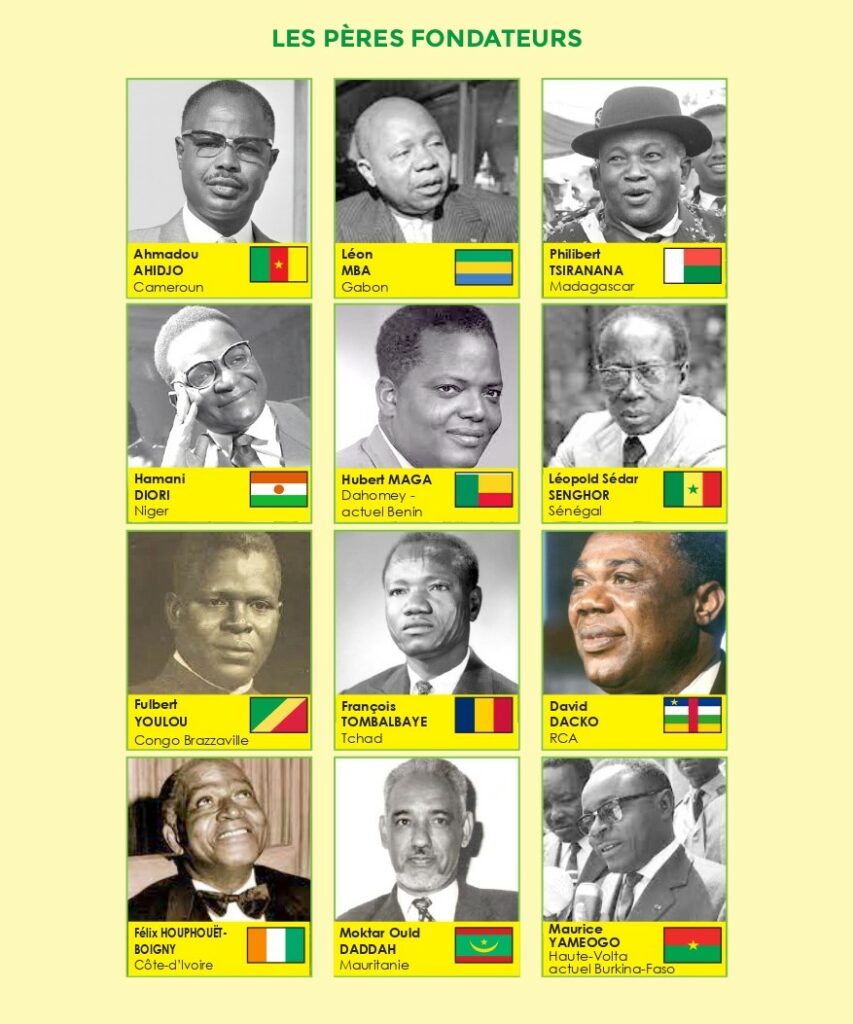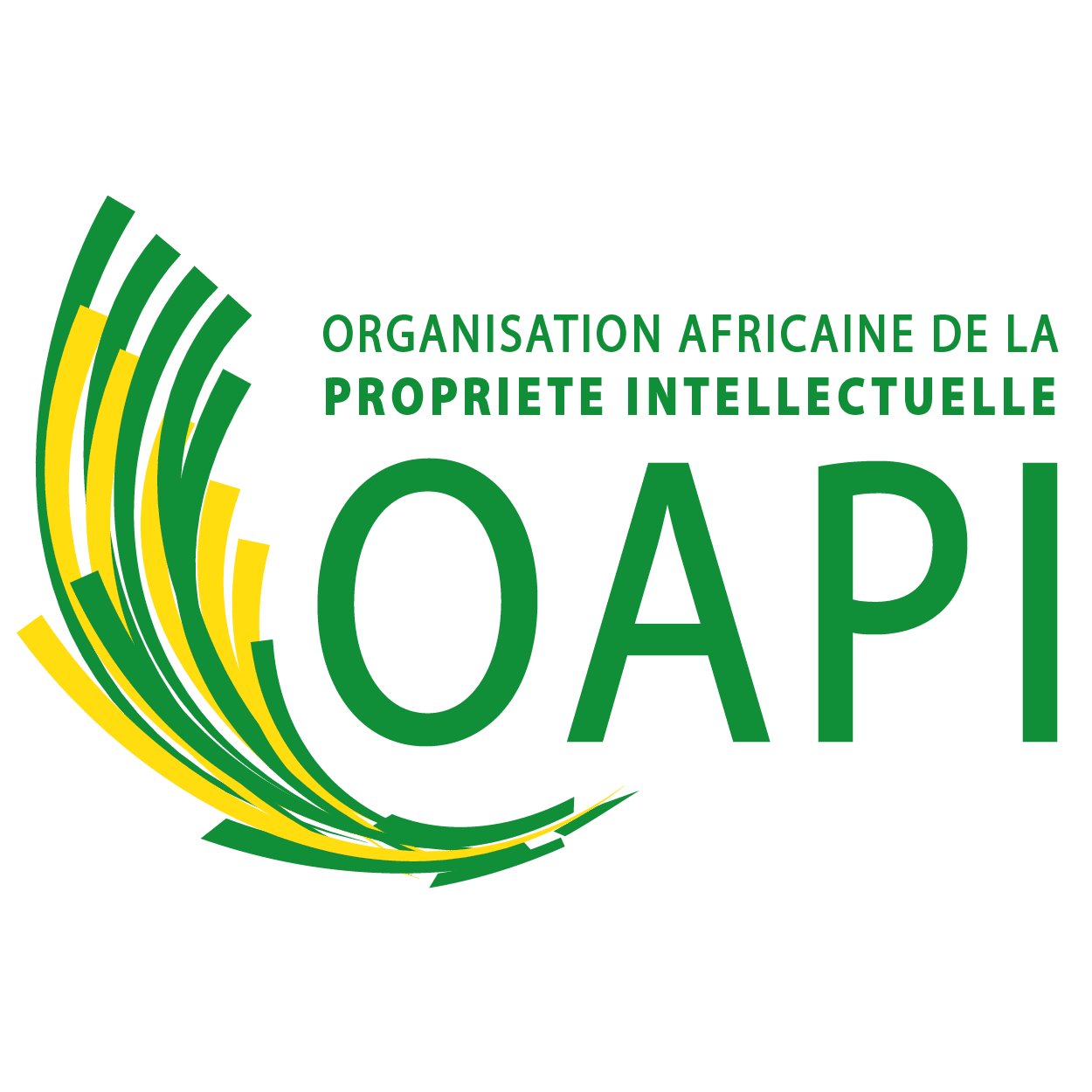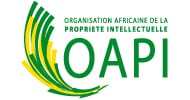
The African Intellectual Property Organization (OAPI) originated on September 13, 1962, in Libreville, Gabon, where twelve heads of state and government signed the agreement creating the African and Malagasy Industrial Property Office (OAMPI). On March 2, 1977, a first revision in Bangui, Central African Republic, transformed OAMPI into OAPI, thus marking a significant evolution of the institution.
The Bangui Agreement, which serves as national legislation on intellectual property in the 17 member states of OAPI, was first revised on February 24, 1999 in order to adapt it to the new global legal environment that prevailed during that period.
The same spirit guided the second revision of this law, which took place on December 14, 2015. This update responds to the evolving international context, marked by the adoption of numerous major legal instruments, including:
Entering into force on November 14, 2020, this new agreement modernizes the legal framework while preserving traditional knowledge. It introduces innovative provisions concerning geographical indications, encourages technological innovation and creativity, and strengthens the protection of intellectual property rights. Beyond this alignment with the international context, the latest revision of the Bangui Agreement, while valuing traditional knowledge, aims to make intellectual property a genuine driver of economic and social development for member states.


